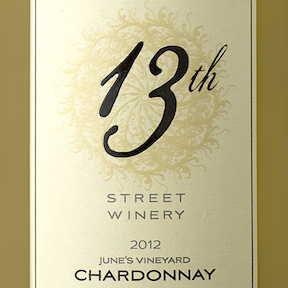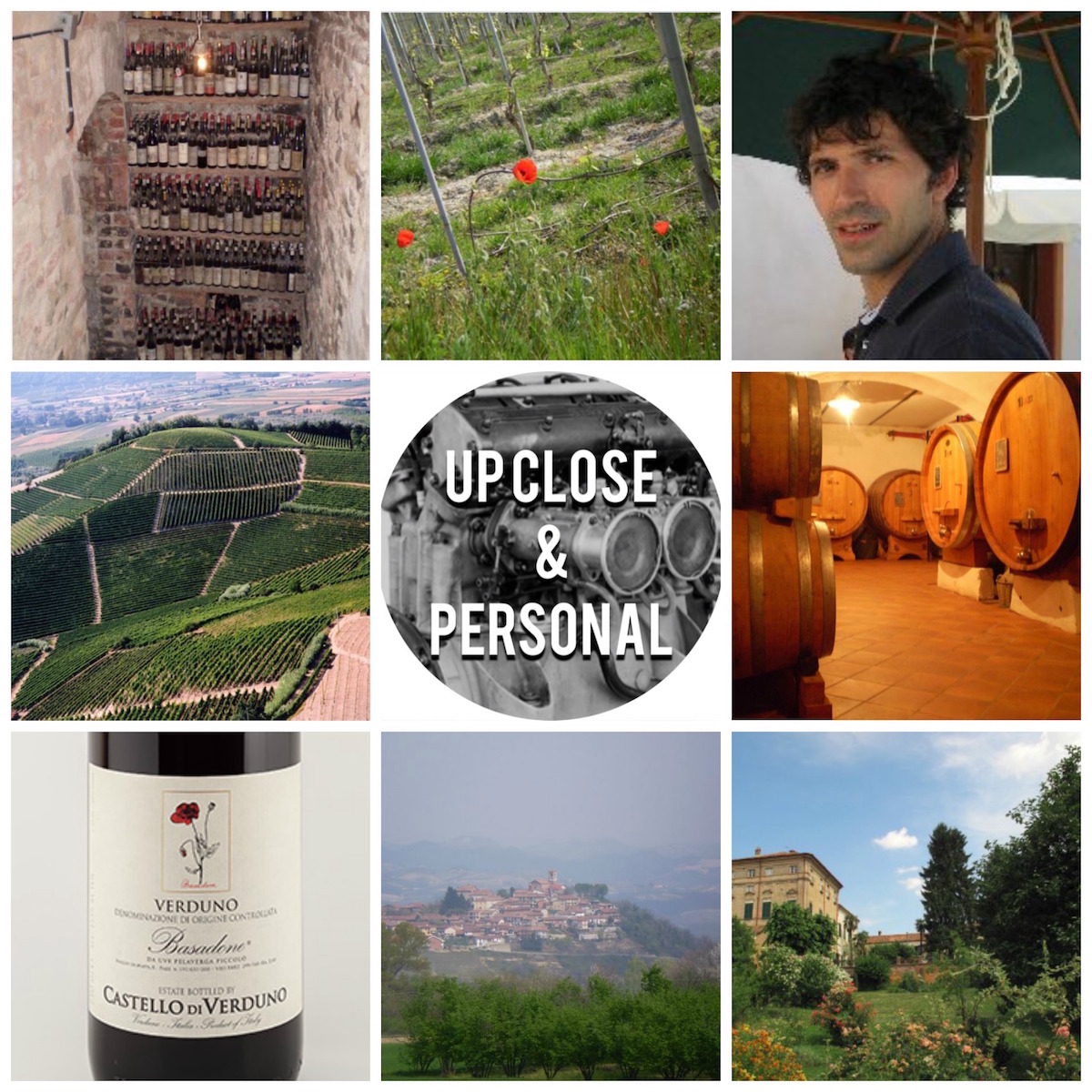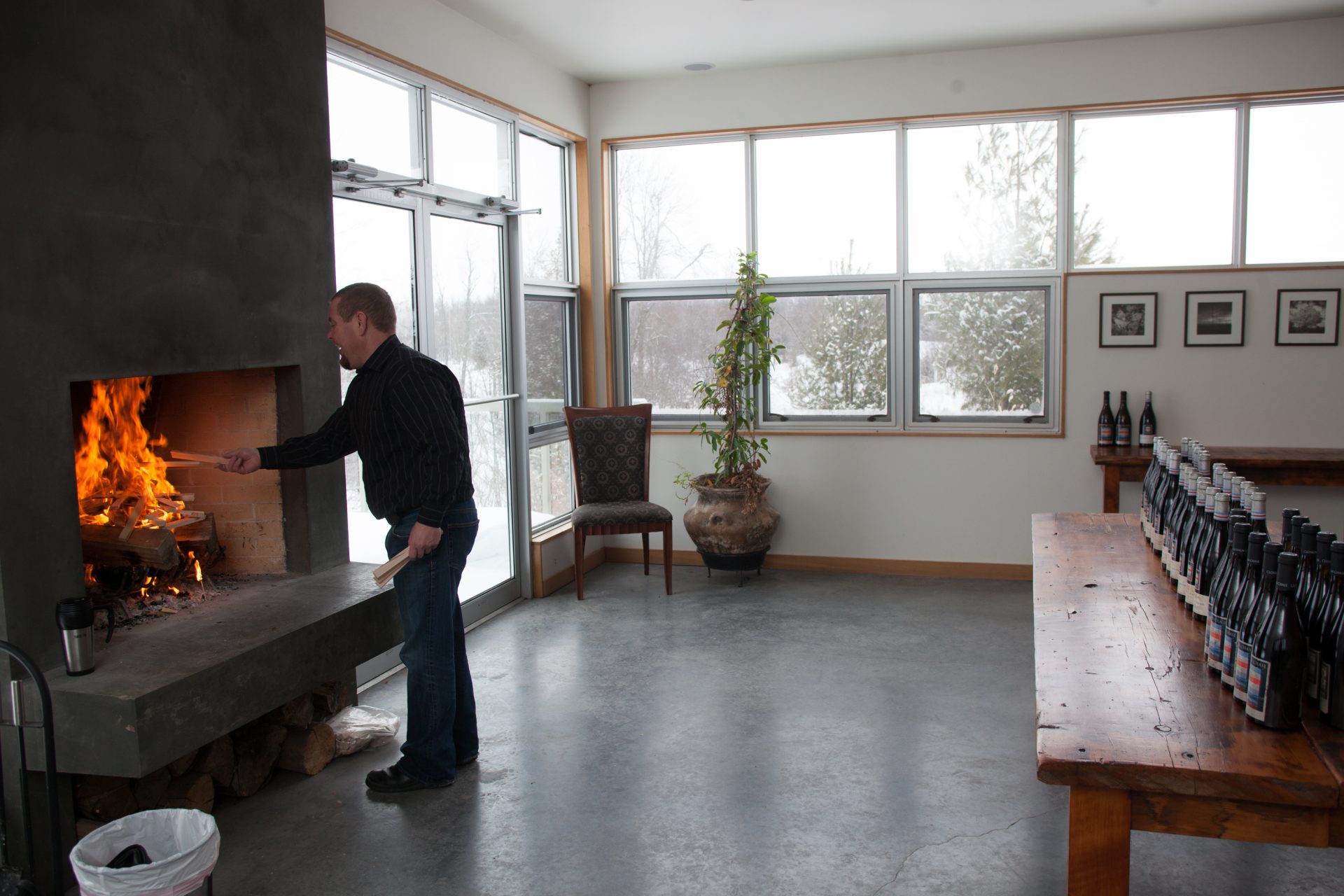by Anne Martin with photos by Mariusz Kapczyński
Every wine geek has her ultimate grape-growing destination. I had a chance to visit my personal wine Mecca this spring when an offer to tour the Mosel Valley in Germany was presented to me. German Rieslings have long been my passion, with their beautifully fruity flavours, their ability to taste specifically of the place they come from and their finely tuned winemaking. Mosel Valley Rieslings, in particular, have a special spot in my heart and head. The delicacy of these wines, their evocation of nature (flowers, fruit and slate), their low alcohol levels (you can drink more with no hangover!) and their amazing ability to age spectacularly is an utterly seductive combination. They are also marvelous with food because of their racy acidity and stony minerality — they’re powerful without being overpowering. Some say these are wines of the intellect, but they are also sensual, evoking the taste of a spring garden perfectly balanced on a base of slate and limestone.
The Mosel region (also called the Mosel-Saar-Ruwer) is located in northern Germany. It is delineated by the Mosel River and its two tributaries, the Saar and the Ruwer. The vineyards, perched on the south-facing slopes, are the steepest in Germany and among the steepest in the world. Because of the cooler temperatures and the limited hours of sunlight in this northerly growing region, each site must be perfectly situated to make the most of these precious commodities. Fortunately, Riesling grapes can produce wines of finesse even when not completely ripe. But the slate that covers the Mosel’s slopes plays a key role, holding the heat and reflecting it back, aiding in the ripening process. (The reflection from the river is also key.) Somewhat mysteriously (the mechanism by which the character of the terroir is or isn’t conveyed to the grapes is hotly disputed and highly controversial among wine eggheads), it seems to pass along a mineral, wet-stone dimension to the flavour profile of the wines.
The slopes are breathtakingly steep, and by necessity, all the grapes are hand-harvested. This labour-intensive process requires many man-hours and has led to a bit of a labour shortage. The young people from the families that have grown grapes in the region for hundreds of years do not want to do the back-breaking work. All the (very fit) vineyard workers I saw during my trip were well into their seventies.
Although cheap Mosel Rieslings can taste like sugar water and have given the region a bad name, there is a huge concentration of top-level producers to be found. In the three days I was there, I didn’t taste a badly made wine. Certainly, there were wines that were better than others and some that were not to my taste; however, the precision in the winemaking and the sense of terroir in these site-specific wines consistently shone through. The cool summers preserve the acidity in the wines, and the cold winters allow for ultra-natural winemaking processes — such as long, cool fermentations and minimal wine treatments. The result is wines of delicacy and finesse.
The 2000s have been kind to this region (global warming is well received here), and as a result, I tasted many flavours that I hadn’t experienced in German Riesling before, like mango, pineapple, jasmine and rose petals. The steely minerality is still there, though, along with a shift toward drier (trocken) styles of Riesling, which we have yet to experience fully in this market. The drier style does make for greater versatility with food, but the winning ways of the off-dry to sweet wines, like Kabinett, Spätlese and Auslese styles, are difficult to resist. They offer an unbeatable combination of refreshing fruit and floral flavours, seductive acidity and alcoholic lightness (often as little as 8%) that is truly unique.
Below is a grab-bag of some of the great producers I had the privilege to visit:
Weingut Fritz Haag – Delicious Rieslings of tremendous precision and clarity. A father and son owned estate.
Weingut Molitor – Owned by Markus Molitor, a well-known winemaker famous for his “purist “ winemaking techniques: he uses no fining agents, enzymes or other additives. The wines are kept in large wooden vats in a slate cellar where they undergo a months-long fermentation process on the lees, producing a rich, round style of Riesling.
Weingut Schmitges and Weingut Werner – Very accessible and well-priced quality Rieslings that went perfectly with a delicious lunch. The ginger and mango soup was a knock-out pairing.
Weingut Heymann- Löwenstein – An owner-winemaker with strong opinions on wine and winemaking (long skin contact, lots of time on lees). His tasting was entitled “The Sound of Slate,” and our group was encouraged to touch a sample of the rock from the very soil the wines came from. His stated aim is to give “a voice to the soil.” The wines were heady and complex – definitely wines to ponder.
Weingut Philis-Mühle – A younger winemaker, part of the “new generation” in Germany that hasn’t had vineyards in the family for centuries (unlike most of the other been-in-the-family-forever estates we visited). These were more straightforward and easy-drinking wines and very affordable.
Weingut Ratzenberger – A charming old estate in the town of Bacharach in the Middle-Mosel that produced finely tuned Rieslings of great flavour and depth, as well as a wonderful Riesling Sekt Brut that spends three years on the lees. (To my bitter disappointment, I had to miss tasting their ’89 Eiswein, which they were serving at the last lunch of the trip, because I had a flight to catch.)
It was a revelation to taste so many wines, all made from the same grape and to not be bored in the least — the variety was astounding. Luckily for consumers, the price/quality ratio is outstanding. (In the 19th century, these were the wines of choice for European nobility; they commanded higher prices than the best Burgundy or Bordeaux.) If you haven’t tried German wines lately because of an association with a certain nun in a blue habit, don’t miss a golden opportunity to embrace them. They are better than ever — and spring is their season!
And look for these Mosel Reislings at the LCBO now:
Wegeler Riesling Spätlese 2007 (LCBO# 87452 – $27.60)
Dr. Fischer Riesling Spätlese 2003 (LCBO# 146340 – $17.95)
Egon Müller Scharzhof Riesling 2007 (LCBO# 727032 – $28.95)
 Anne Martin is a Toronto-based sommelier, writer and wine consultant. Learn more about Anne, including her cellar and tasting services at www.annemartinwine.com.
Anne Martin is a Toronto-based sommelier, writer and wine consultant. Learn more about Anne, including her cellar and tasting services at www.annemartinwine.com.










Such a gorgeous wine region! The mountains and the Mosel River are divine. I hope to get there soon.
Great post, thank you!
I’m going to this region for a short visit in two weeks time and have been having a hard time finding any practical tips on what would be a good itinerary (we’ll have a car) and which wineries are good for visiting/tasting.
I’ve been looking for a guidebook but haven’t yet found anything. Would you have any pointers?
Thanks in advance!